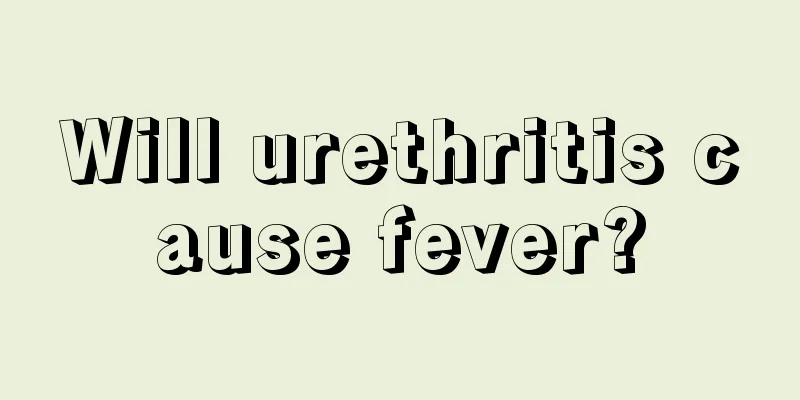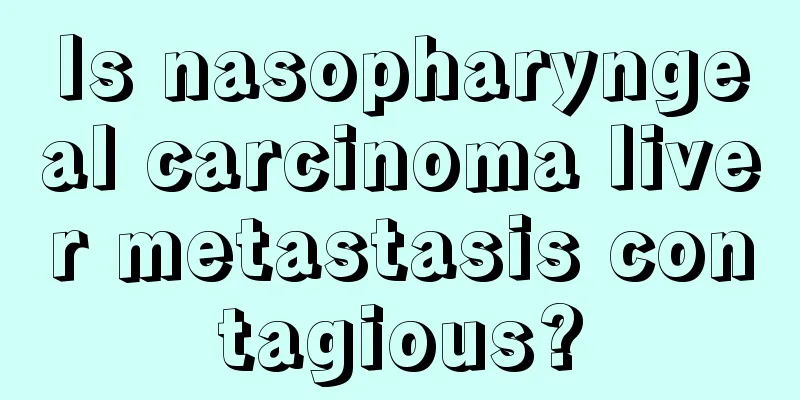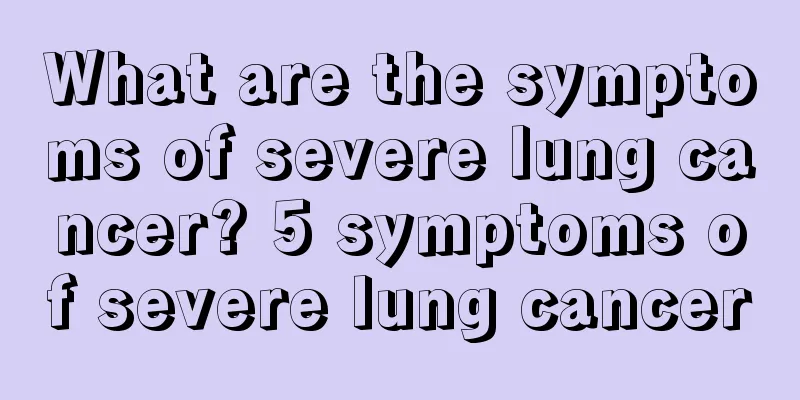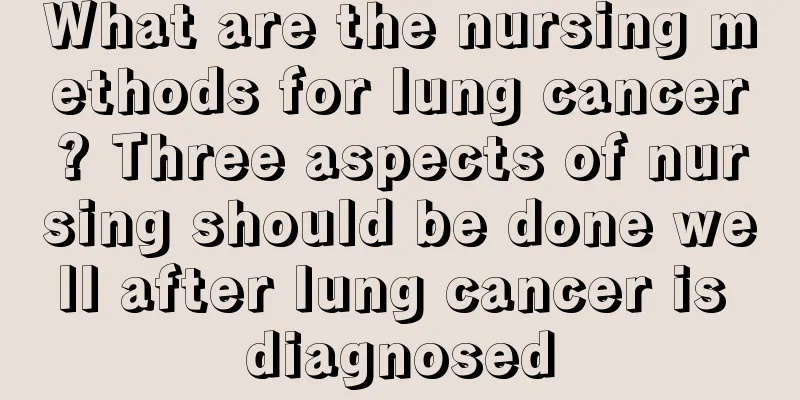Can't the fasting and water-free period during surgery exceed eight hours?

|
Gastric polyps will slow down the progression of gastric mucosa and lead to chronic diseases of the gastric mucosa. Patients with gastric polyps have to undergo surgical treatment, but patients who have just undergone surgery need to eat for 6-8 hours and wait until the gas in the intestines is discharged before they can eat normally, because only in this way can they ensure that the food eaten can be completely consumed. If it cannot be consumed, it will flow to other parts of the body, which will cause the patient to suffer secondary pain. Gastric polyps refer to localized benign raised lesions of the gastric mucosa, which generally have no clinical manifestations. Some patients may experience upper abdominal discomfort, dull pain, heartburn, acid reflux, nausea, loss of appetite, chronic diarrhea, etc. The pathological types of gastric polyps include inflammatory polyps, hyperplastic polyps and adenomatous polyps. Adenomatous polyps have a higher rate of canceration, so when polyps are discovered clinically, a biopsy is first performed to determine the type of polyp. If it is an adenomatous polyp, endoscopic removal of the polyp is often recommended for treatment. So what should you pay attention to in your diet after polypectomy? The dietary precautions after gastric polyp surgery are : 1. Fasting : Fast for 6-8 hours after surgery, or longer, depending on the size of the polyp and the size of the wound. Then eat liquid food first, and then transition to semi-liquid food, soft food, and normal food. 2. Liquid food : If the patient has no discomfort, liquid food can be given the next day, 50~100ml each time, once every 2 hours. 3. On the third day, full liquid or semi-liquid food can be given. The dietary principle is non-irritating food, small meals, 100~200ml each time, 6-7 meals a day. Foods should be neither too sweet nor too sour, such as egg soup, vegetable soup, lotus root powder, millet soup, etc. 4. If there are no complaints of discomfort after 3 days, you can eat low-fat semi-liquid food, such as porridge, noodles, wontons, etc. 5. After discharge from the hospital, you can eat soft food and a combination of main and side dishes. Avoid eating raw, cold, irritating, fried, spicy, or gas-inducing foods. Don't eat too much greasy food. Don't smoke or drink. You can transition to a normal diet after a week, but be careful not to eat rough foods, high-fat foods, or pickled, cured, or fried foods. The principle is low residue, soft and easy to digest; do not be too hungry or too full. Eat small meals frequently and chew slowly. |
<<: Do you also need to follow these principles when taking antiviral medication for hepatitis C
>>: How long does it take to fast during general anesthesia surgery
Recommend
What are the causes of lung cancer? 3 causes of lung cancer you must know
Lung cancer is the most common type of cancer, an...
How to properly take care of your skin in summer?
The weather is relatively hot in summer, so you m...
How long can you live with advanced lung cancer? What are the treatment methods for advanced lung cancer?
Lung cancer is a very scary disease. It sounds sc...
What are the specific diets during radiotherapy for nasopharyngeal carcinoma
What are the diets for nasopharyngeal carcinoma p...
Abdominal muscle training method that does not hurt the waist, teach you how to train a perfect body
Many people have stiff waist joints, so they are ...
9 types of angry symptoms that must be taken seriously
From the perspective of traditional Chinese medic...
Clinical classification of skin cancer
Skin cancer is a highly malignant cancer. Among t...
What babies can’t eat if they have skin allergies and what to pay attention to
A baby's skin is always moist and tender, but...
How to care for advanced colon cancer
Postoperative care for colon cancer is a critical...
What should I eat when I'm drunk
Most people who drink too much will feel stomach ...
Pathological examination of lung cancer
There are several ways to obtain lung cancer path...
Does comminuted fracture have sequelae? Take good care to avoid sequelae
Comminuted fractures generally will not have sequ...
What causes prostate cancer
Prostate cancer is the most common malignant tumo...
Do anti-inflammatory drugs have any effect on serum tests?
For the sake of our own health, we often need to ...
Is metastatic bone cancer hereditary?
There are more and more cancer patients now. Many...









